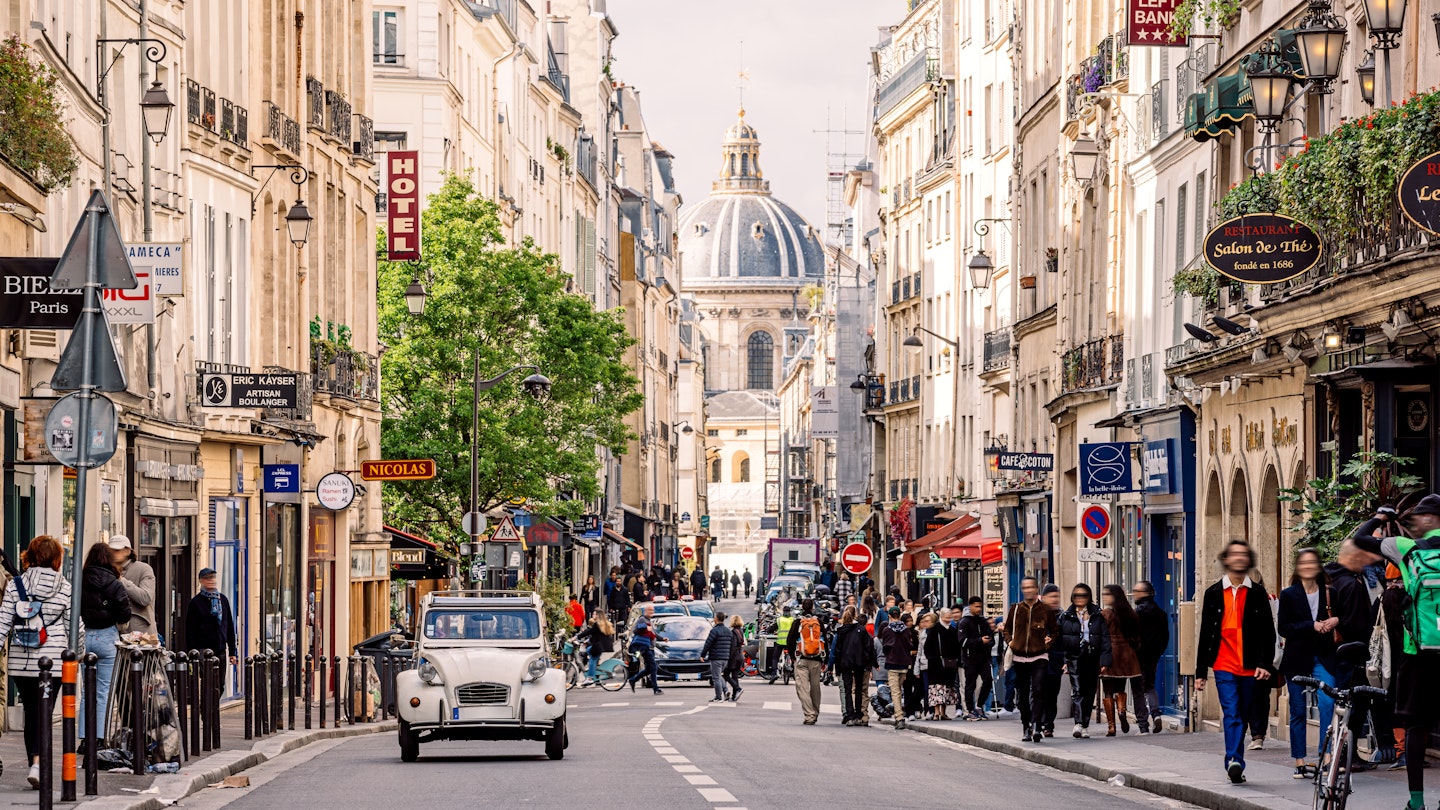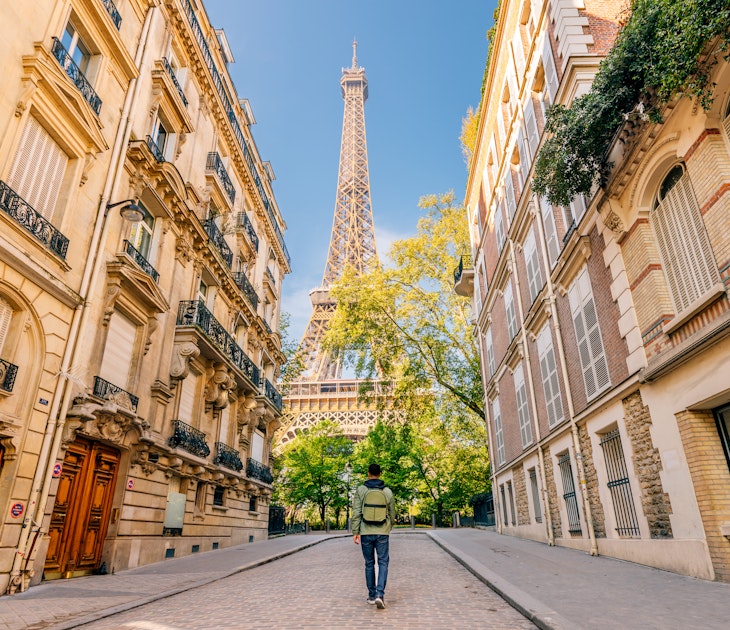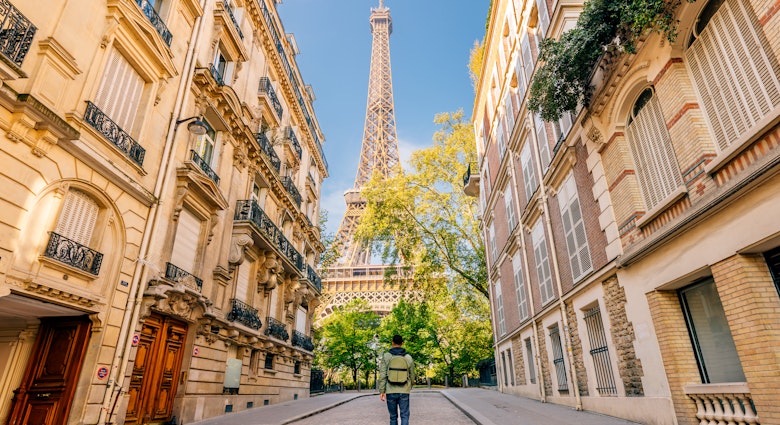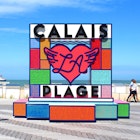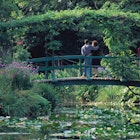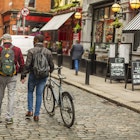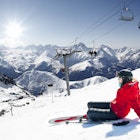One kiss or two? Anna Richards, one of the authors of the new Lonely Planet France guidebook, shares her tips to avoid some common French faux pas.
Even if you’ve never been to France before, it’s easy to think you know it — Parisian rom-com scenes are six to a dozen. On screen and real life are very different, though. There’s an unflattering reputation that the French are unfriendly, but in my experience, you’re probably just making a cultural faux pas. I’ve lived here for three years: here’s what you need to know before visiting France, and how not to get shouted at on the Metro.
1. Pay attention to tourist laws in France
EU residents can come and go as they please, but non-EU nationals (including those holding British and American passports) have the right to stay in France for up to 90 days within the period of 180 days, visa free (your passport is stamped upon arrival and exit). You’ll need three months of validity left on your passport from your intended departure date. The full list of visa requirements according to country can be found here.
Be aware of import and export rules. That stinky, unpasteurized cheese might seem like the perfect way to cover up the stench of your week-old socks, but if you’re leaving the EU, it’s not allowed.
2. Keep ID on hand
You don’t have to always have your passport, but you should carry photo ID as the police have the right to demand it (although it’s rare). You’ll need your passport for international border arrivals, and your hotel or hostel will often ask for it at check-in too. If you don’t have it on your person, it’s a good idea to have a scan to hand.
3. France isn't paperless – yet
France has not embraced contactless card payments with the same zealousness as the UK, and it’s not possible to pay with contactless in some pretty surprising places, including Paris Metro. The Metro in other cities in the country (including Lyon) does accept contactless card payments, but Paris still resolutely uses paper tickets or a rechargeable Navigo card. In rural France, I recommend still carrying some cash. Even if you can pay by card in most places, there’s often a minimum spend, which I’ve known to be as high as €40.
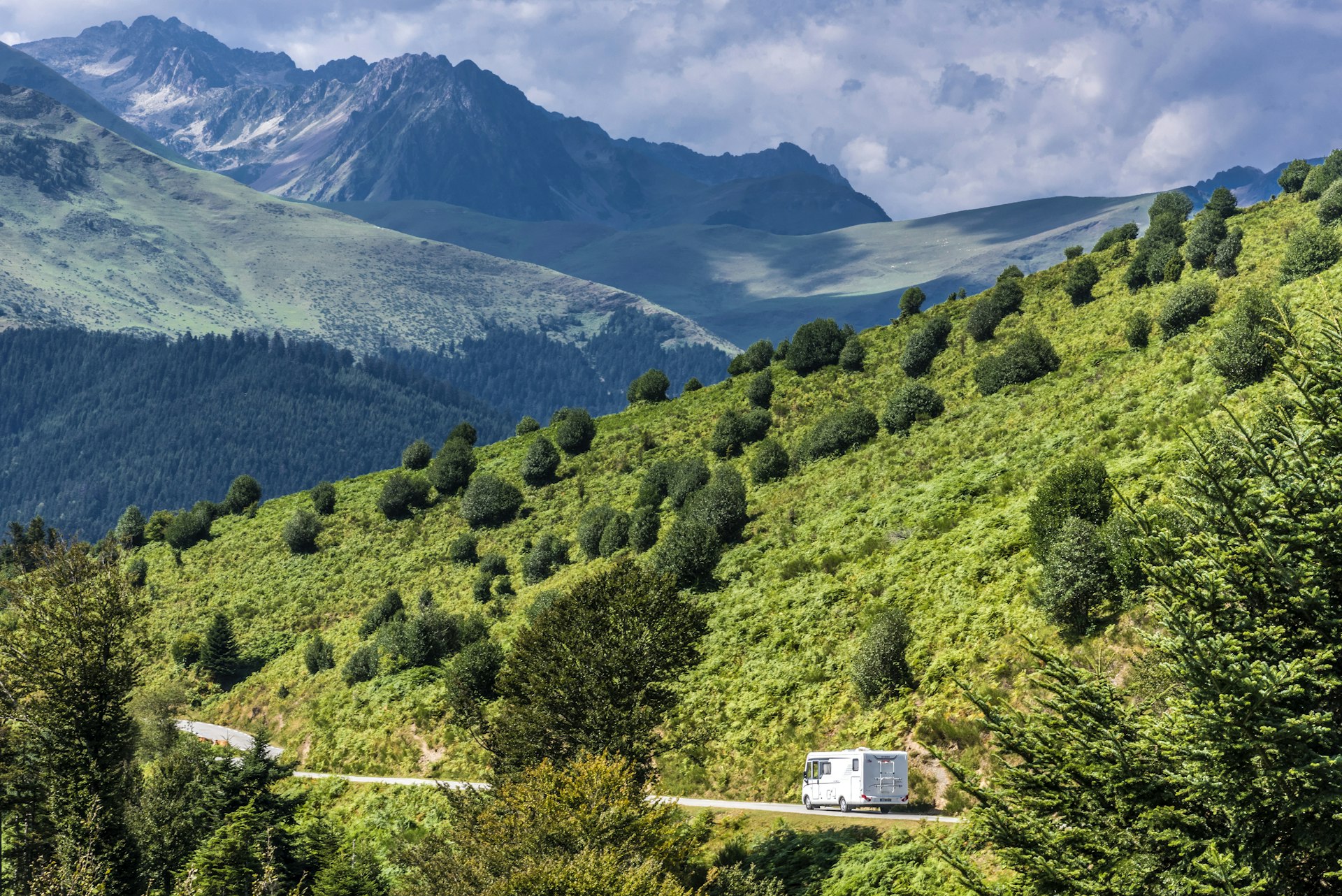
4. Driving can be pricey
Driving can be eye-wateringly expensive, particularly on the motorways, where péages (tolls) often cost the same or more than your fuel. Calculate the cost of your journey on ViaMichelin to see whether it makes sense to avoid toll roads and consider sharing your ride on BlablaCar (a bus and carpooling platform) to mitigate the cost of your journey.
5. You'll need to navigate varying opening hours
Get wise to the opening hours, particularly in rural areas. From Sunday–Tuesday, a lot of shops, restaurants and attractions are closed. Smaller shops and the post office often close over lunch, regardless of the day of the week. Watch out for seasonality, too, as the French holiday en masse. At the start and end of the school holidays, roads (particularly those to the south) grind to a standstill. Outside of travel season, you may find a lot of accommodation, restaurants and attractions to be closed, regardless of the day of the week.
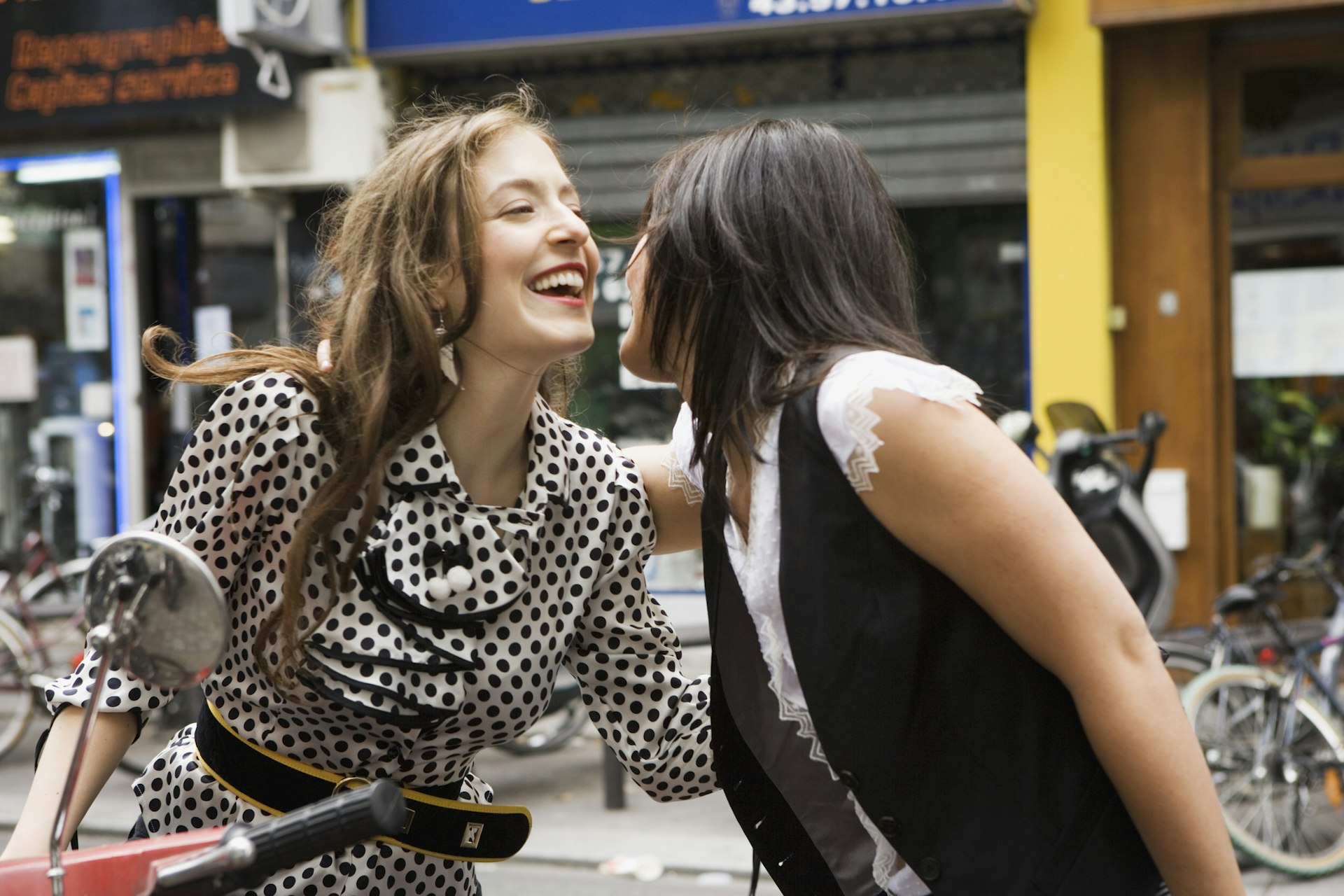
6. Say your hellos and goodbyes
La bise (kiss) was threatened during Covid-19, but it's firmly back. How many kisses to give depends on the area of the country. In most of France, two kisses are the norm, but in parts of the south and south west it’s three, and in certain departments, like the Yonne and Aube, four. People who still prefer to socially distance may offer you a fist bump or an air kiss instead.
Say bonjour or bonsoir (hello or good evening) to everyone, and bonne journée or bonne soirée (have a good day/evening) as you leave. Don’t think you can slip away at a party either. It’s generally expected to greet, and say goodbye to, everyone at a gathering. Yes, this can be time-consuming.
7. Skip the athleisure wear
Don’t wander around in your gym kit. The French tend to dress chic, and spending the day in sportswear isn’t a thing. Many French people won’t even bother with sports clothes for a cycle commute, unless they’re hardcore cyclists in head-to-toe Lycra and clip shoes.

8. Learn French table etiquette
Plates have no place at breakfast, but bowls do. Most people eat their viennoiseries and tartines (bread and jam) directly over the table, and simply clear up the crumbs when they’re finished. A waste if you ask me, because it’s difficult to clean up all the delicious little flakes of croissant that fall, but that’s the way it goes. There’s no crockery for the food, but for drinks, coffee or tea is more often served in a trough-like bowl than a mug.
France has a long list of table rules, and while deviating from them isn’t always frowned upon, it can quickly mark you out as a tourist. It’s rare to see the French eating or having a coffee on the go; they prefer to stop and enjoy what they’re consuming. Lunch is a sit-down affair and never eaten at your desk at work (it’s even explicitly written in the French labour code that employees should leave their desk for lunch). France is officially a secular country, but mealtimes are a religion. Outside of set hours (12-2pm for lunch and 7:30pm-9:30pm for dinner), your chances of being served are slimmer than a ficelle (skinny French baguette).
Drinks come with rules, too. When you "cheers" someone, clink glasses and look them in the eyes as you say santé (health). Don’t cross your arm with anyone else at the table as you clink. Failure to make eye contact, or accidental crossing of arms, is said to result in seven years of bad sex.
9. Pick up a bit of French...
Learn to speak some French – a little effort goes a long way.
10. ...and pay attention to pronouns
Pay attention to your tu and your vous. Both mean "you," but tu is the informal version, reserved for friends, children and casual situations. In professional situations, and if addressing anyone older than you (friends’ grandparents or parents, for example), always use vous, unless they give you permission to do otherwise. You’re less likely to cause offense, and the older generation in particular can be old school about the extra respect attached to vous.
11. Be chill – it's good manners
Lower your voice. One thing that makes visitors stick out like sore thumbs is shouting your conversation, particularly in restaurants. You’ll be thanked for keeping volume to a minimum in a restaurant more than you would be for a generous tip (which is not customary in France, although always appreciated). Have patience in shops and restaurants; service can often seem painfully slow and unhurried, but it’s nothing personal.
Keep planning your trip to France:
See all the heavy hitters with 13 of the best places to visit in France
Take to the highways with 7 top road trips to see the best of France
Save some dough with 20 ways to see France on a budget
Enjoy the views from a train car with The 8 most spectacular train journeys in France

